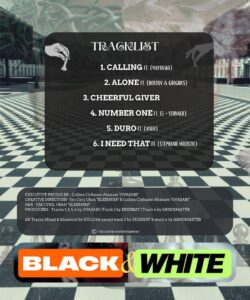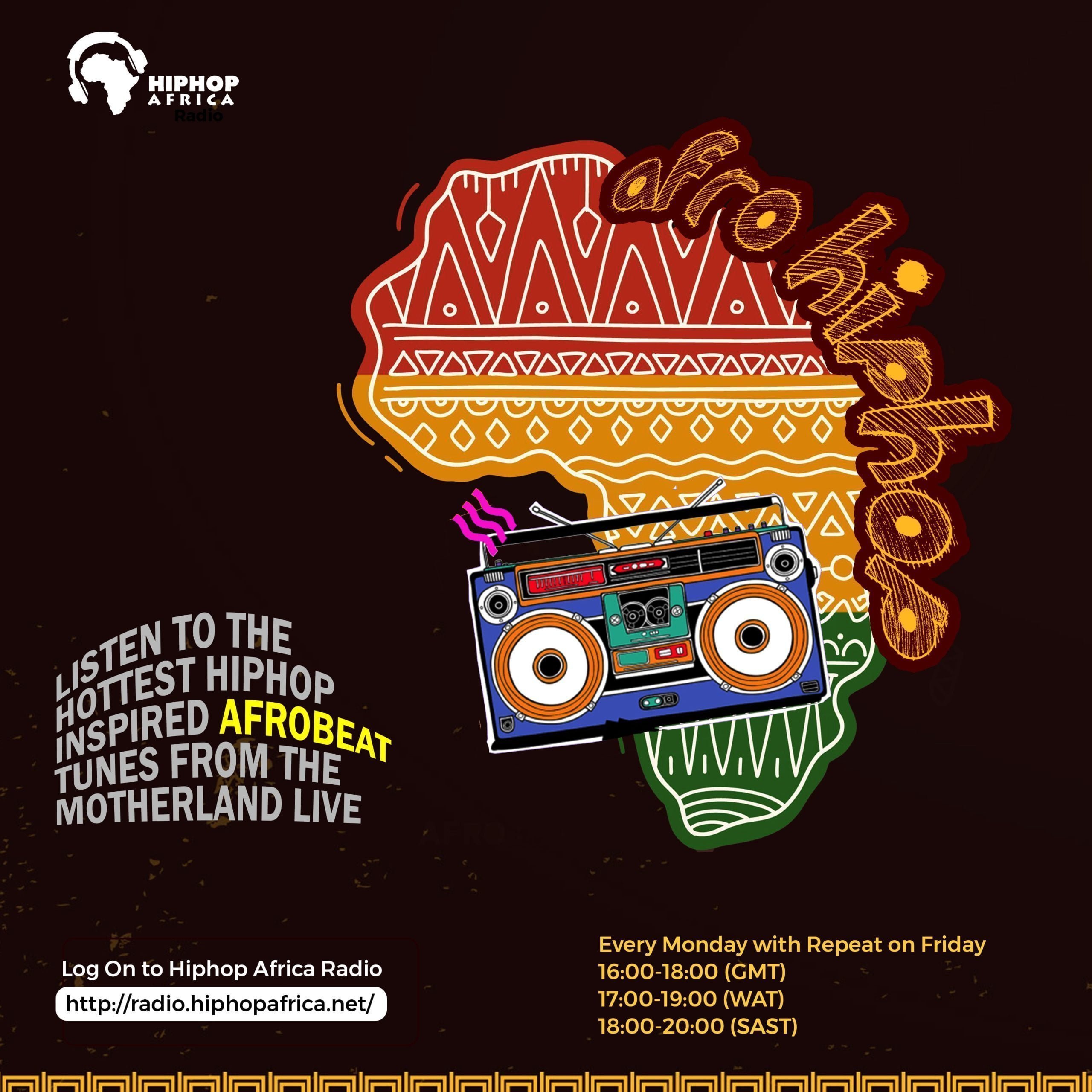I first sat down with Ovasabi two years ago, just after the release of his Book of Ovasabi EP. Back then, he was already showing hints of the dualities in his sound and personality — the street grit meeting introspective weight. Now, as he emerges with Black & White, I expected growth; what I found was a leap. In the intervening years, Ovasabi moved between continents (he’s based in New York now) and expanded his sonic palette.
This time, when we caught up, the conversation felt less like an interview and more like two old friends trading confessions over beats and verses. The stakes are higher now, and Black & White shows it. The EP blends contrasts—emotional highs and lows, light and dark, hope and despair—into a tight, raw package. Released amid strong buzz (especially for the lead single “I NEED THAT” which dropped August 2025) (Hiphop Africa), this is Ovasabi’s boldest move yet.
Without further delay, here’s our conversation.
Stream Black & White Here: https://linktr.ee/ovasabi
BigDan: The title Black & White is heavy with contrast. What pairs or tensions were you trying to unearth in naming it?
Ovasabi: Black and white is good and evil. Rich and poor. Life and death. Black and white. Truth and lies. Love and hate. You getting Black and White.
BigDan: Visually, in the cover and artwork, did you lean more toward white or black as the dominant aesthetic—and what message did that send?
Ovasabi: I have the ability to manifest every human behavior and character. I—guess I just tell the stories from both sides—because I know I can.
BigDan: “I NEED THAT” dropped ahead of the EP. How did its reception impact how you finished or even shaped the rest of Black & White?
Ovasabi: I NEED THAT did what needed to be done. Having an international feature, being in a different space of mind & life, in a different country and continent—thousands of streams, a strong video. It’s been received greatly.
BigDan: If there’s one song on Black & White that best mirrors your emotional state in 2025, which is it—and what was going through your head while making it?
Ovasabi: I love every song on Black & White. I’ve done a lot: rap, cyphers, covers, Book of Ovasabi. But I’m in a new vibe now—that’s why I call this wave Black & White. And I always put everything into my music.

BigDan: Vulnerability is key in an EP like this. Were there verses you almost cut because they felt too exposed?
Ovasabi: Yes—my verse on “Alone” (ft. Rostov & Gregrics). I rapped about my ex-girlfriend. That verse had been in me for a while—we broke up years ago in Lagos. But since this is Black & White, I got vulnerable and let it out.
BigDan: Who around you—producer, engineer, peer—helped you feel safe enough to go there in the studio?
Ovasabi: Just me. I like operating from my inner self. See, why do you think my name is Ovasabi?
BigDan: You’ve pushed boundaries before. How experimental did Black & White get? Did you ever think, “This might not make it, but I want it anyway”?
Ovasabi: Everything here is an experiment—golden. Nothing like the Ovasabi you used to. It is Black & White EP.
BigDan: Which producer pushed you hardest—and on which track did that pressure show?
Ovasabi: Kulcha was in heavy rotation on this project. Also Grndmstr, Erizbeat—they’re among the best in Lagos. Even though I’m in New York, I love working with them.
BigDan: On “Alone”, there’s a moment when the intro flips in a surprising way. Did an engineer’s suggestion reshape that track?
Ovasabi: Yes—Erizbeat. The way he flipped the intro is magical. That change gave the song another depth. We poured hearts and emotions into it.
BigDan: A&R is often behind the scenes. Did your A&R push you to write differently, pick tracks, or sequence this EP in a particular way?
Ovasabi: Sleem Jim is the best. He shaped this project from start to finish. If you listened to Book of Ovasabi, you’d see his influence. He made sure tracks like “Calling” and “Cheerful Giver” found their place.
BigDan: Did any unexpected collaborator show up and bend the sound in a direction you hadn’t planned?
Ovasabi: Yes—Stephanie Milostic from Australia. Plus Gregrics, Rostov on “Alone”—energies colliding in the best way. That song brought us together.
BigDan: How did you assemble your team—producers, engineers, co-writers? What qualities mattered most?
Ovasabi: I like self-driven people, those who dare, who are ready to fail and try again, who pour heart into their art. Thank God that’s what we got.
BigDan: In any track, did you try to merge “white” and “black” — sonically or thematically—so they coexist rather than oppose?
Ovasabi: Black & White is itself that merge—expressed through rhymes and rhythms. You’ll understand when you listen.
BigDan: Given the cultural weight of “black” and “white” — identity, perception, balance—was there intention for social commentary?
Ovasabi: It’s not about color. It’s about words, lyrics, energy, rhythms. An image, an experience, a flow.

BigDan: If you had to perform one track in an empty room—just you and a mic—which would you pick, and how would you deliver it differently?
Ovasabi: All of them. Every track matters. In that raw space, I’d let the emotions breathe, strip production back, let the voice carry.
BigDan: On the more experimental pieces—who was behind the boards, and how much was you vs their suggestions?
Ovasabi: Sleem Jim was involved deeply. Our ideas met theirs and shaped many moments.
BigDan: Since the EP just dropped, what feedback has already hit you in a surprising way?
Ovasabi: Honestly, it’s still early days. I’m watching, listening, absorbing.
BigDan: Do you feel Black & White marks a turning point—for sound, career, opportunities going forward?
Ovasabi: Yes. I believe great things are ahead. But I leave that in God’s hands.
BigDan: If there were a sequel—Black & White II—what emotional ground or themes would you explore next?
Ovasabi: Let’s enjoy this one first. Please, listen to Black & White EP.
Afterword
Chatting with Ovasabi again felt like revisiting a chapter in progress. The boy from the Delta and Lagos, now stretching his voice across New York and beyond, is no longer content to just echo — he’s shaping. In Black & White, he becomes a bridge between extremes: light and dark, hope and despair, vulnerability and strength. He invites you in, not to pick a side, but to feel the tension, the balance, and the in-between.

We talked sonics, tears, studio late nights, and the fear that a song may be too open. But Ovasabi leaned in anyway. In doing so, he’s given his most vivid work yet.
If you’ve followed our earlier dialogues, you’ll see how far he’s stretched—and yet you’ll hear the core still intact: that fierce, unfiltered voice.

Email: sleemjim77@gmail.com
Phone / WhatsApp: +2349055532285
Connect With The Artist:
Twitter: @ovasabiofficial
Instagram: @ovasabiofficial_


